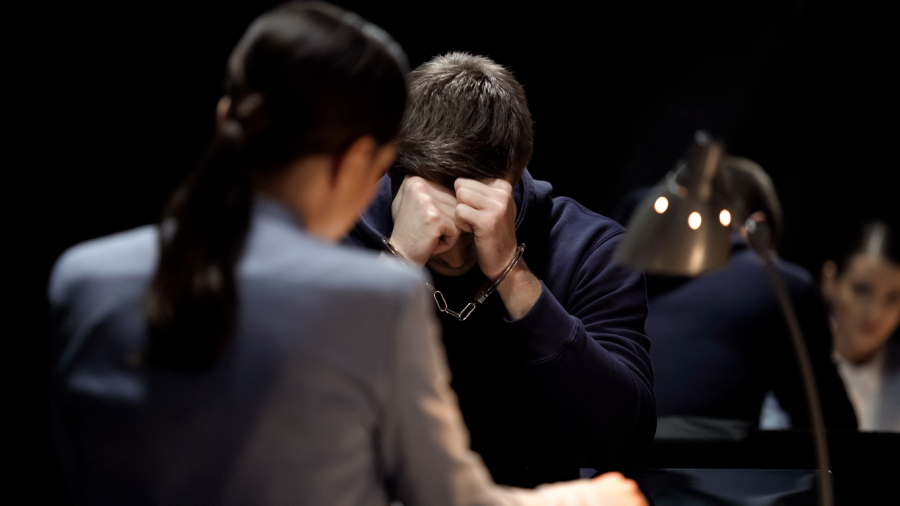How football clubs manage criminal allegations against players

Thomas Partey, formerly of Arsenal and now at Villarreal, is the latest high-profile footballer facing criminal allegations,[1] drawing his club into questions about its values and reputation. This article explores how football clubs manage criminal allegations against players, balancing:
- The presumption of innocence;
- Employment obligations;
- Reputational risk; and
- Privacy and media pressure
It reviews differing club responses, the legal issues around suspension, dismissal, and wage obligations, and the reputational consequences. The piece notes the absence of a consistent approach and ends with practical guidance for clubs on handling such cases more effectively.
To continue reading or watching login or register here
Already a member? Sign in
Get access to all of the expert analysis and commentary at LawInSport including articles, webinars, conference videos and podcast transcripts. Find out more here.
- Tags: Criminal | Dispute Resolution | Employment | Football | Governance | Regulation | UK
Related Articles
- Benjamin Mendy’s criminal charges – employment, sporting & financial repercussions
- Corporate Crime In Sport - How The Economic Crime & Corporate Transparency Act Impacts Sports Organisations
- ‘Failure to prevent fraud’ – Guidance for UK sports organisations on steps to take before Sept 2025
- Right to withhold pay vs ready, willing and able to work – lessons from Mendy v. Manchester City Employment Tribunal Decision
- How to respond to a dawn raid: A guide for sports organisations
Written by
Dominic Crossley
Dominic Crossley is Head of Payne Hicks Beach’s Dispute Resolution Department. He handles a wide range of sensitive and significant disputes on behalf of private individuals and commercial organisations. A leading practitioner in the law of privacy/breach of confidence, defamation and harassment, his work also encompasses numerous other specialist areas of the law and practice applicable to protecting the interest and rights of clients in times of crisis.
Jamie Hurworth
Jamie Hurworth is a Senior Associate in the Litigation, arbitration & dispute resolution team at Hicks Payne Beach. Jamie has acted in some of the most high-profile media and sports disputes in recent years. He represented Coleen Rooney in her successful defence of the widely publicised ‘Wagatha Christie’ libel claim brought by Rebekah Vardy, and he also acted for former England cricket captain Michael Vaughan in his successful defence of disciplinary proceedings arising from the investigation into racism in Yorkshire cricket.
Domonique McRae
Domonique is a Legal Director at Payne Hicks Beach. She advises both businesses and individuals on all aspects of contentious and non-contentious employment law issues at each stage of the employment life cycle. She is valued for her concise, commercial, “no nonsense” approach, across a broad range of different sectors.




